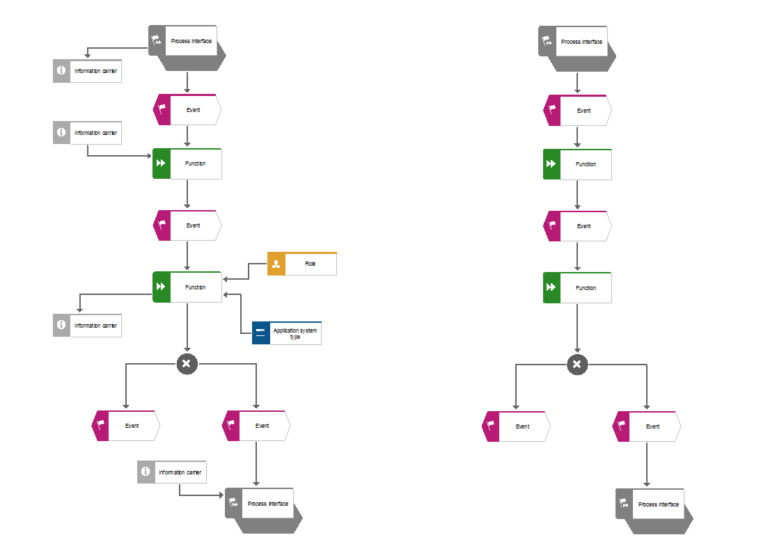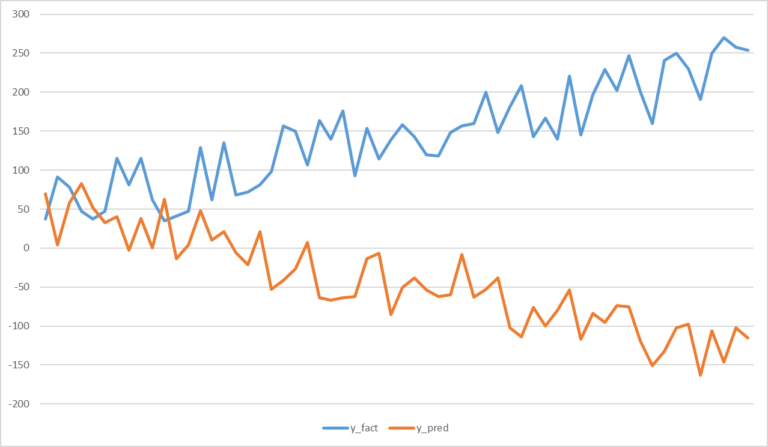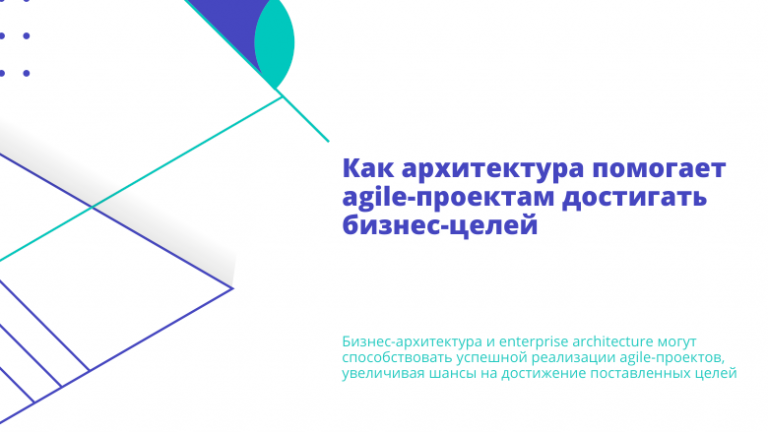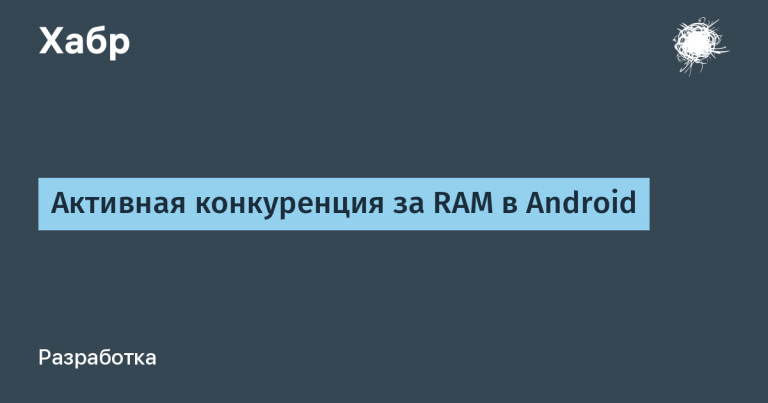ITMO University-based JetBrains Master’s Program: Interviews with Students
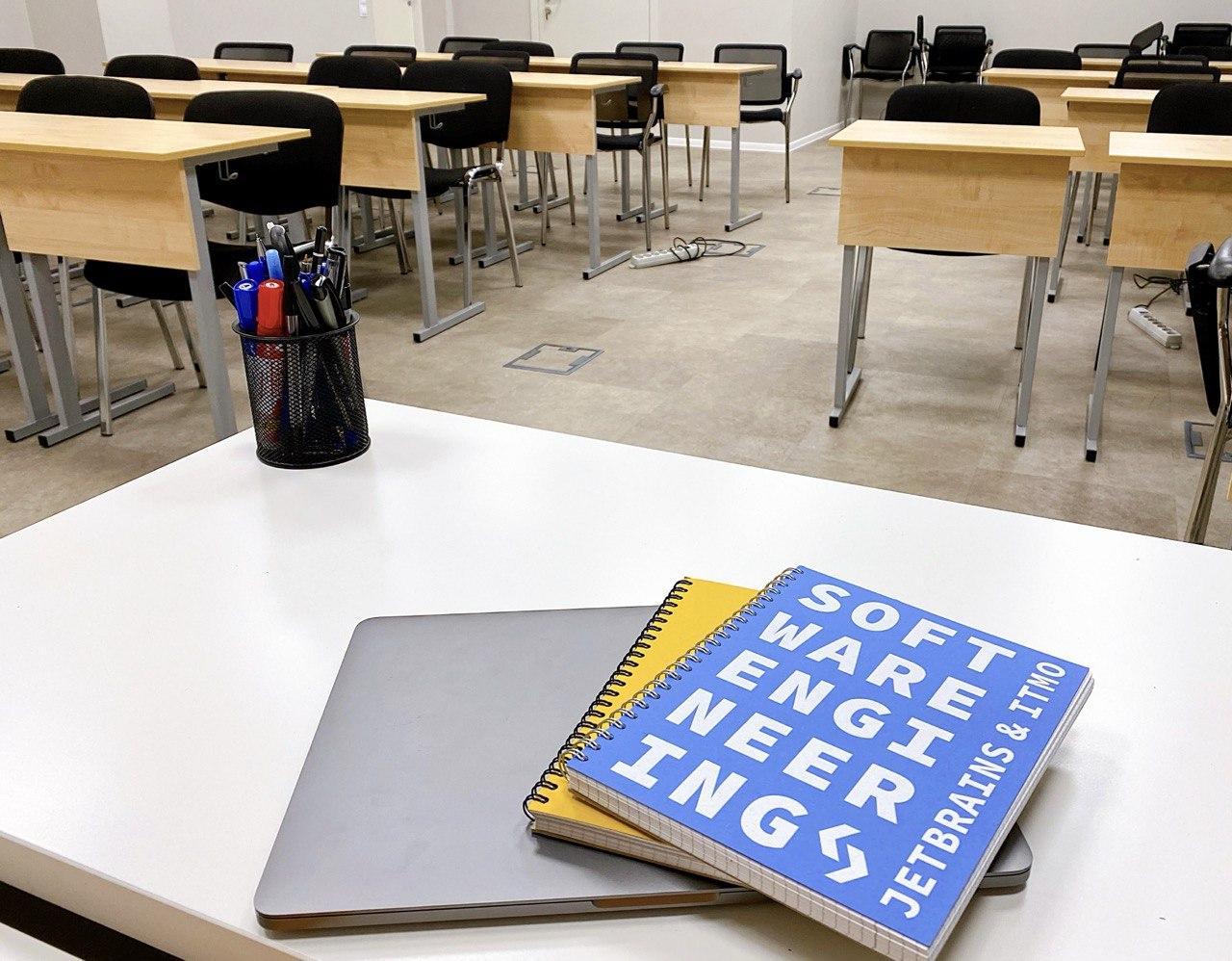
Very soon, undergraduate graduates will have to make a choice – stop on their laurels or continue their studies. For those who choose the second option, we want to remind about our master’s program “Software Engineering / Software Engineering” on the basis of ITMO University.
Earlier we talked about how our studies work. And this time, we asked several questions to our students of the first year of study: they asked us to tell us a little about ourselves, share our impressions about their admission and their first semester on the program. Meet me!
Elena, Pavel, Alexander and Sergey are first-year students. The guys recently completed the first session, rested a little on vacation and are ready to start studying again.
What cities are you from? Elena Kartisheva: Hometown Sosnovy Bor (80 km from St. Petersburg), a year ago she moved to St. Petersburg.
Elena Kartisheva: Hometown Sosnovy Bor (80 km from St. Petersburg), a year ago she moved to St. Petersburg.
Sergey Luchko, Alexander Luchko: We are from the small town of Luga in the Leningrad Region.
Pavel Gromov: I come from Khabarovsk (Far East).
Elena Kartisheva
Where did you study before entering a magistracy?
Helena: Graduated from the Department of Statistical Modeling at the Faculty of Mathematics and Mechanics of St. Petersburg State University and Institute of Bioinformatics.
Sergey, Alexander: Graduated from St. Petersburg State University, Department of Applied Mathematics and Control Processes in the direction of “Applied Mathematics”, and Computer science center in the direction of Software Engineering.
Paul: Bachelor graduated from the Far Eastern State University of Railway Engineering (FENU) in the field of “Computer Science and Computer Engineering”.
Why did you choose this particular program?
Helena: Since I studied at the Institute of Bioinformatics, I am familiar with the guys who studied at this master’s program, and often heard about it. In the future, I want to do machine learning and bioinformatics, and in the last year of my undergraduate studies I began to acutely feel the need for programming skills. So I decided to go here.
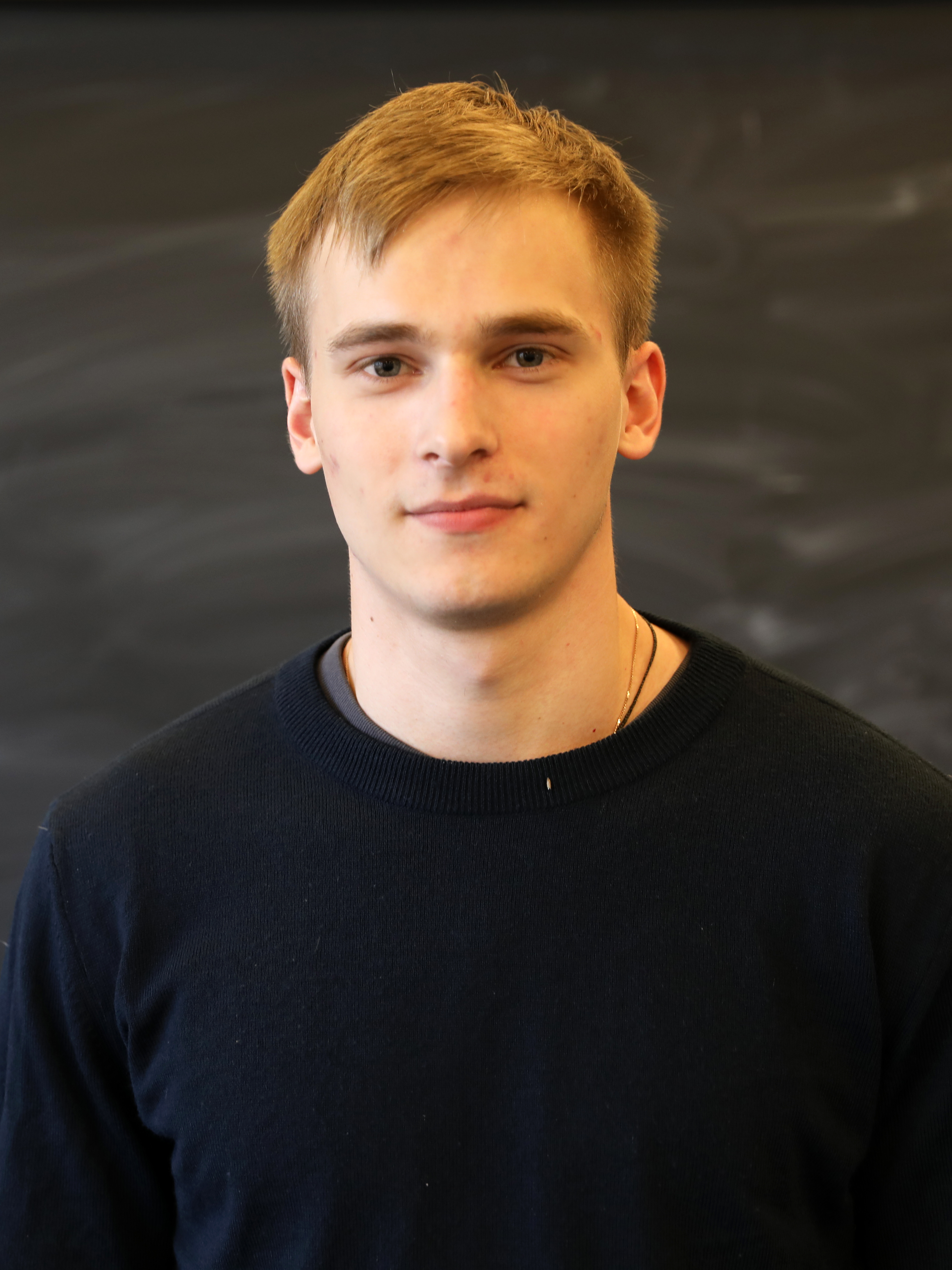 Alexander: After I graduated from university, I went to work. The company that accepted me into its ranks was quite prestigious. Development in terms of industrial programming did not seem very difficult, because it basically comes down to a good team and years of endurance. Time passed, and it seemed that something was missing for me, that I always miss something.
Alexander: After I graduated from university, I went to work. The company that accepted me into its ranks was quite prestigious. Development in terms of industrial programming did not seem very difficult, because it basically comes down to a good team and years of endurance. Time passed, and it seemed that something was missing for me, that I always miss something.
Alexander Luchko
Paul: Already in my third year, studying became boring, and I began to look for additional courses, participate in various events, hackathons and look for work in the field of programming. I realized that for career growth it is necessary to enter a prestigious master’s program, where they will really teach, and not just “come – get a credit”. I considered various programs, and none were particularly encouraging. I learned that there is a Masters degree from JetBrains in ITMO, looked at the curriculum and realized that this is what I want.
Impressions from the entrance tests: was it easy or difficult to do?
Helena: According to my feelings, in the full-time exam I answered almost all the mathematics and didn’t do very well with programming questions. I couldn’t solve the problem from the ticket on the spot, but I discussed with the examiners how to solve it. In my opinion, three to four days of preparation in the evenings is enough.
Sergei: Preparation is necessary: at the interview they ask questions about tickets and related topics. They look at motivation and work experience.
Paul: The entrance exam was not too easy and not too difficult. He came, pulled out a ticket, prepared for an hour, went to answer. They asked not only for the ticket that they pulled out, but also for all the others, they gave out tasks. After the exam, I thought I passed badly … but one of the most important criteria for admission was motivation. And the desire to enter precisely this program was huge! I even had a plan: either I’m acting now, or I’m waiting for a year and I’m getting better prepared.
Stress during study: expectation and reality
Helena: From the words of acquaintances, I knew that the load was big, and I was ready to work a lot. But still, the load exceeded my expectations 🙂 In my opinion, it is on the verge of real, but if you try hard, you can cope.
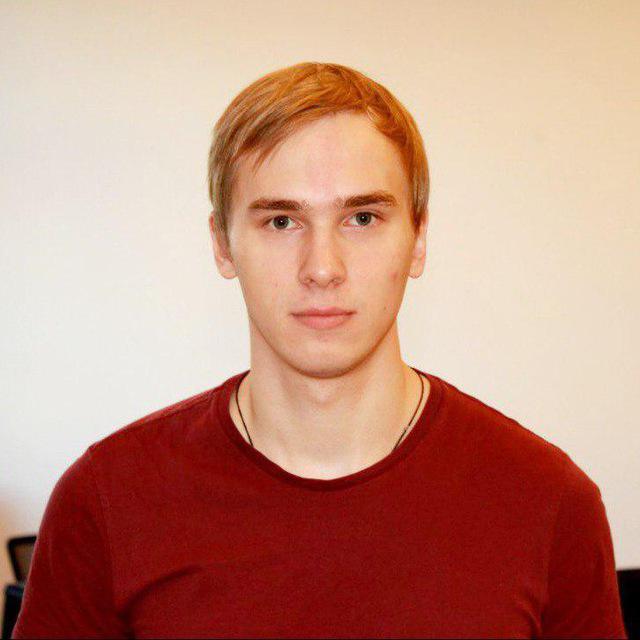
Sergei: I expected it to be intense, but it turned out to be just terribly intense. Life becomes homework and intermittent sleep for 5 hours, no time left for anything else. I didn’t even have time to call in the service station to change the oil in the car! It is hard, but also beautiful at the same time. You feel that life is not going in vain. Do you study.
Sergey Luchko
Paul: After receipt, the curators immediately warned that the load would be high, but I did not expect that at all. In the first semester, I spent every day at the Times Business Center, as I studied there and did my homework. There was absolutely no free time left, but it was worth it. The amount of knowledge that I received in the first six months was many times more than in 4 years of undergraduate studies.
What do you like about the program and organization of training?
Helena: The program turned out to be incredibly interesting. Honestly, I didn’t even imagine that programming can be so exciting! There were almost no items that were useless. Separately, it is worth noting the teachers who are always ready to answer questions and somehow additionally help. I am glad that almost any problem can be solved through curators, and indeed it’s nice to study at the Times Business Center with cookies and coffee.
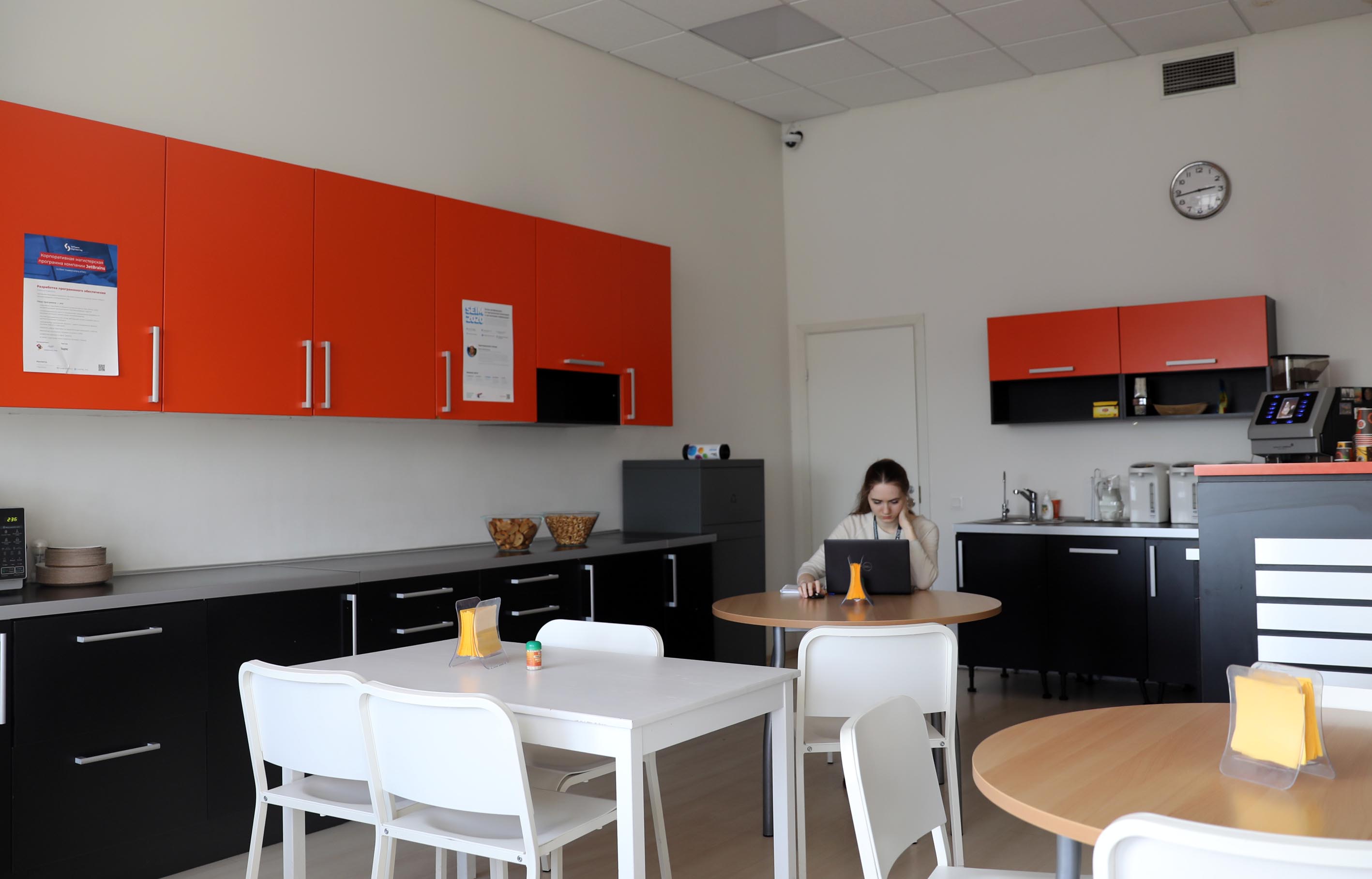 Student coffee point
Student coffee point
Sergei: Actually the right material is being fed. Lectures are given by professionals, many teachers are the best specialists in their field. Almost all training takes place at the JetBrains office. And of course, it’s great to practice in cool companies.
Alexander: This program is great educational content that I just want to learn. I think most of the students here are precisely because of him, and not because of a master’s degree.
Paul: In this master’s program they give everything so that the student can just study.
Starting from the kitchen (where you can always have tea / coffee and cookies), ending with fascinating lectures, which show that teachers really like the learning process. Once a semester, it is necessary to choose research (research work), due to which there is the opportunity to undergo practical training in large companies (for example, JetBrains, JetBrains Research, Yandex, VK and others). I also want to note that nonresident students are paid for by the hostel 🙂 In general, the main thing from the student is the desire to study.
Are there any negative points?
Helena: Often, homework is checked at the wrong time, it causes panic in the test week. Sometimes there is not enough time to calmly sit down and sort it out, which is a little sad.
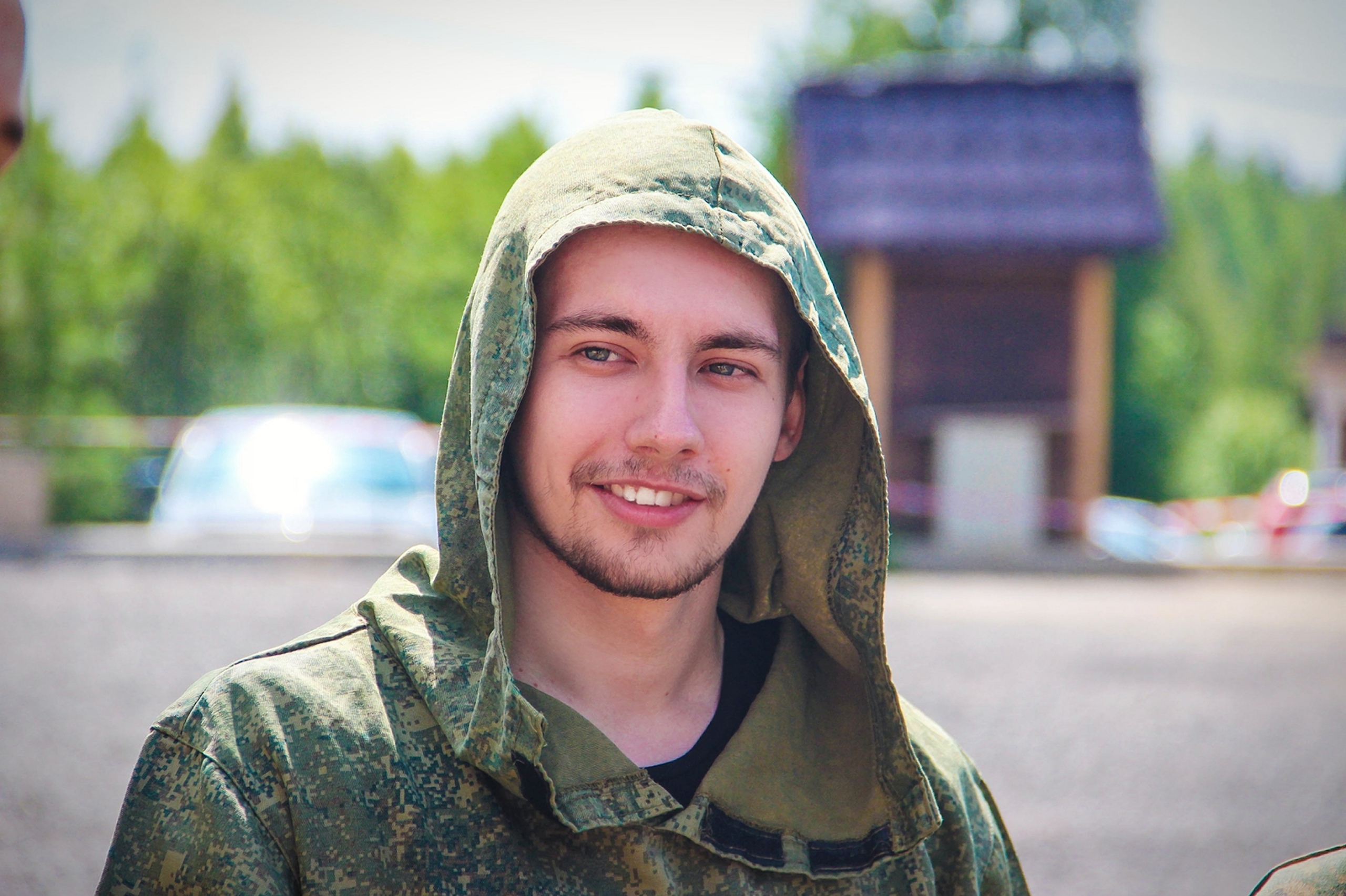 Sergei: Everything around you says that this is a survival game. I think that in all top masters the situation is approximately the same.
Sergei: Everything around you says that this is a survival game. I think that in all top masters the situation is approximately the same.
Paul: I can’t highlight the directly negative. It’s just that the load is high, but I personally have it because of the insufficient background.
Pavel Gromov
What can you advise applicants to the program?
Helena: I would advise you to go in advance Haskell course from Computer Science Center on Stepik.org; read the book “Algorithms” S. Dasgupta, H. Papadimitriou, U. Wazirani; look lectures on C ++ and teach Bash (and install Linux) – this will greatly facilitate life.
Advice for applicants: do your homework to the soft deadline, so that you can correct them (the threshold for receiving credit is high, so you need to do everything to the maximum). And don’t be afraid to ask stupid questions to teachers! Talk about your problems – they respond appropriately and always try to help.
And of course, before entering, be sure to answer the question for yourself: are you ready for the next two years to constantly and intensively study? .. This is really very difficult both physically and mentally.
Sergei: It seems to me that it makes sense not to immediately go to this program, but to work and gain practical programming experience. For at least one year just go somewhere. It’s hard to study without it, especially if you studied in a different specialty before. After working, you can also look from the practical experience at everything that is taught to you: for example, if you are told about CI / CD in lectures, these will not be just bare terms.
Alexander: Get ready to be full hardcore! Sleep will be greatly reduced, but there will be many interesting and useful.
Paul: For applicants, I would advise you to prepare for exams more diligently and to increase knowledge in subjects that will be in the first semester.
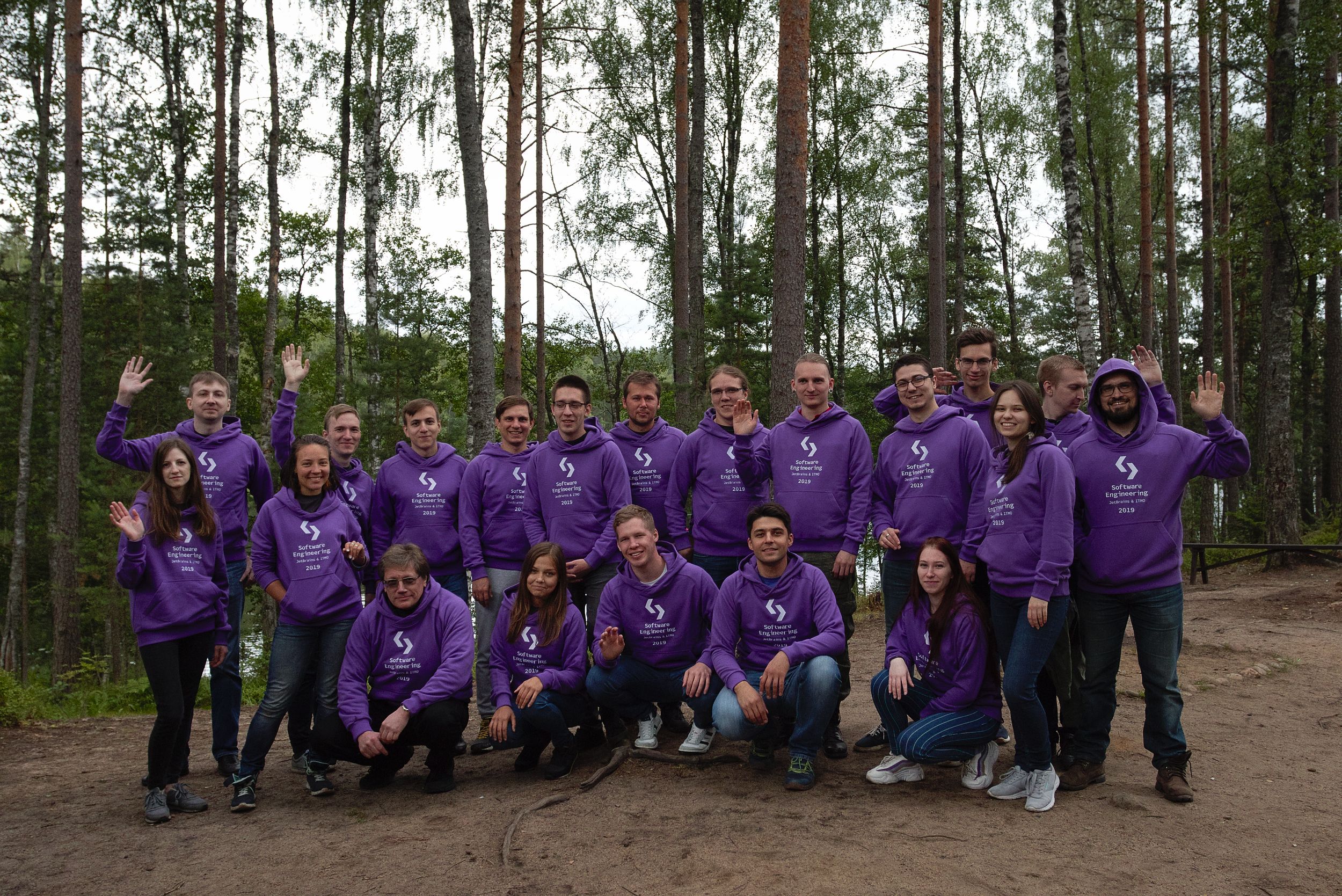 Graduation 2019
Graduation 2019
What do you plan to do after graduation?
Helena: I would like to engage in machine learning and statistics in the field of bioinformatics.
Sergei: Like all the guys, I think for a start to work, still gain experience. I hope to get into a good company and engage in interesting tasks. If you look even further, then you can do your own thing in the industry or on the periphery.
Alexander: I’ll go to work again. I’m just curious to learn new things. I think you can get into some good company and make good money without this master’s program. But on such programs, students, in addition to the knowledge itself, greatly increase the level of IT culture.
Paul: I have not decided what I will do, but I know for sure that this will be related to programming.
Thank you guys for the honest answers to your questions!
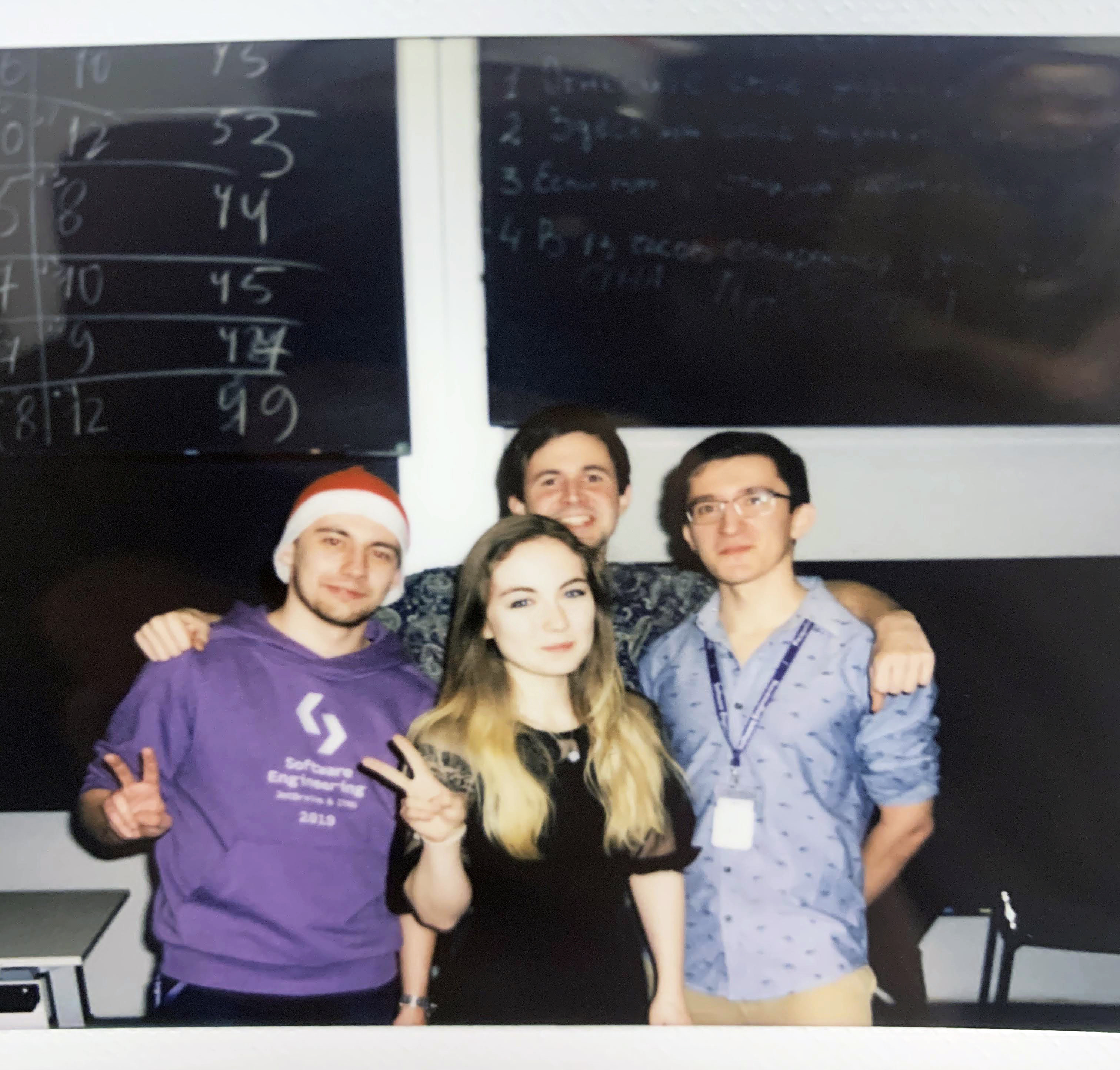 Graduate students on New Year’s holiday
Graduate students on New Year’s holiday
Recruitment statistics 2019
In total, 261 applications were submitted for our program in 2019, that is, the competition was about 6.5 people per place. 145 applicants completed the first stage of selection (online test) and were invited to the intramural part of the entrance test. The average diploma score for students in the program is 4.6.
The geography of students is impressive. We received children who graduated from undergraduate programs at the Northern (Arctic) Federal University named after M.V. Lomonosov University (Arkhangelsk), Southern Federal University (Rostov-on-Don), Immanuel Kant Baltic Federal University (Kaliningrad), and even the Far Eastern Federal University (Vladivostok).
Students have different specializations: oil and gas, economics, physics, arts and humanities, management and, of course, various areas of mathematics and programming.
Join now!
Details about admission to the master’s program “Software Development / Software Engineering” can be found on the program website in the “Admission” section: mse.itmo.ru/enrollment You can apply now – the sooner you do this, the sooner we will find out about you and get in touch.
We recommend joining the telegram chat program: tlgg.ru/mse_itmo. There you can ask a question about admission, training on the program, talk with the organizers and students.
If it is more convenient for you to communicate by mail, then you can contact us by writing to mse@corp.itmo.ru.
You can meet with the curators of the program at the open day, which will be held in mid-April. We will announce the exact date and start of registration a little later – stay tuned for news on the website and telegram chat.
Our team wishes all applicants to make the right choice and successfully pass the entrance tests!
